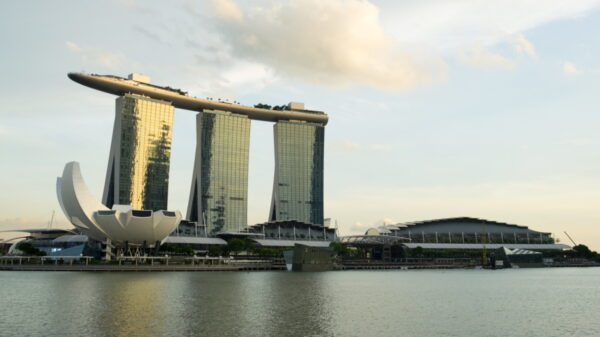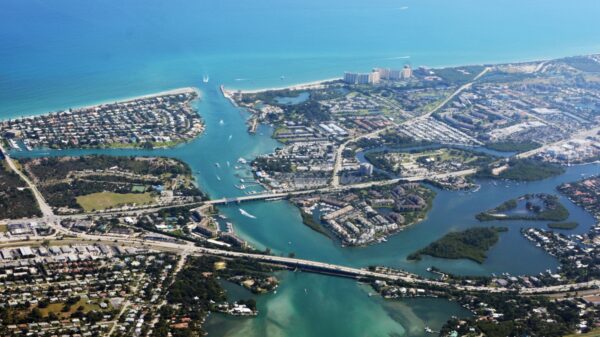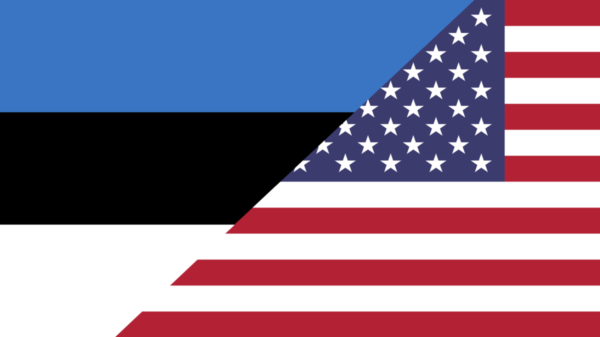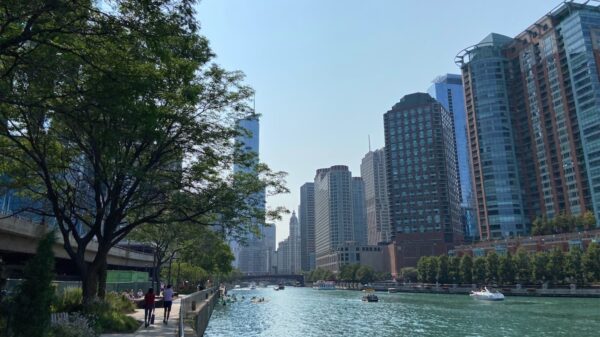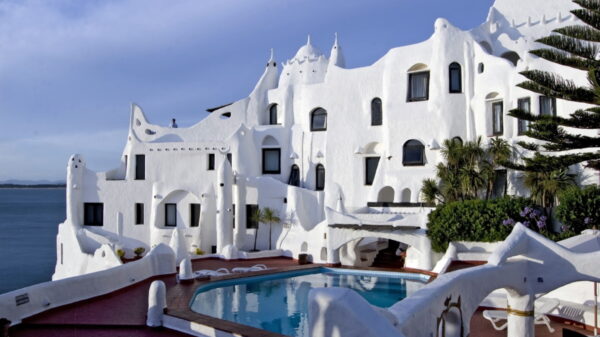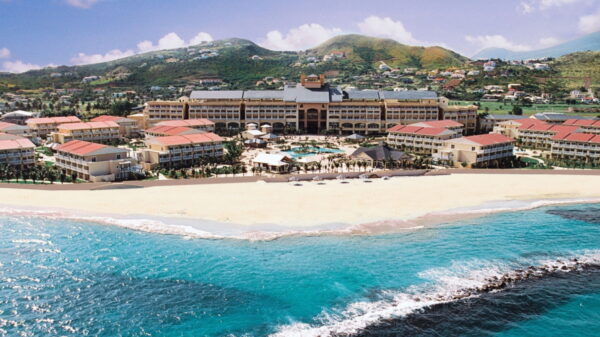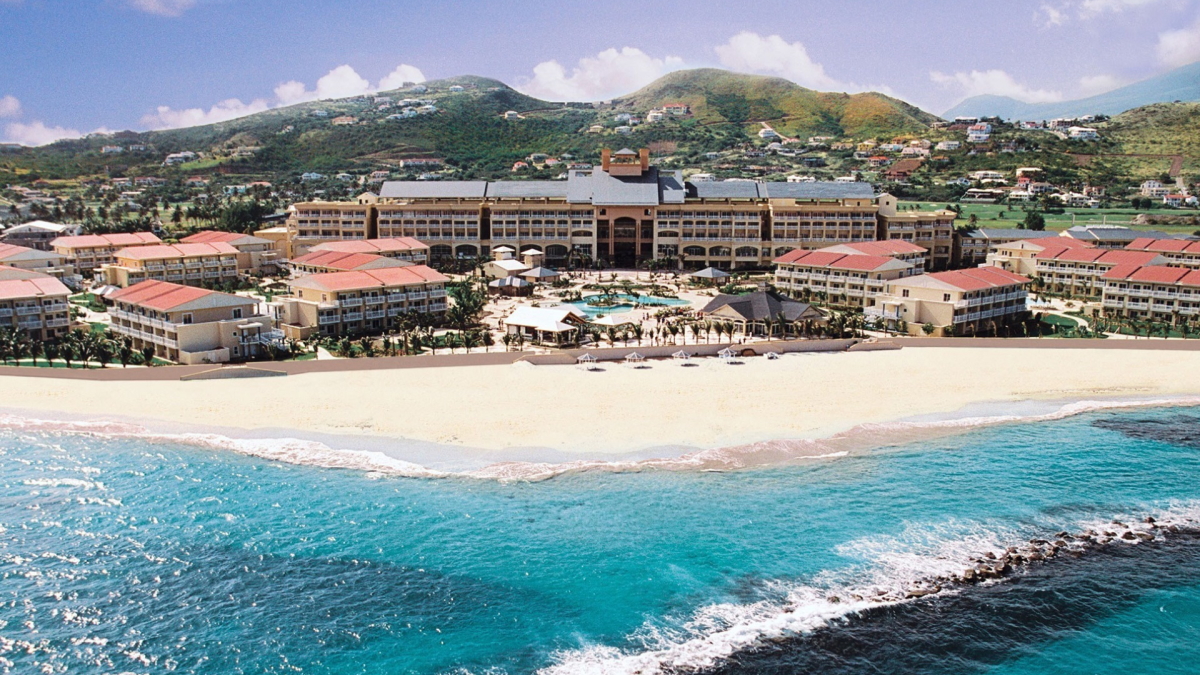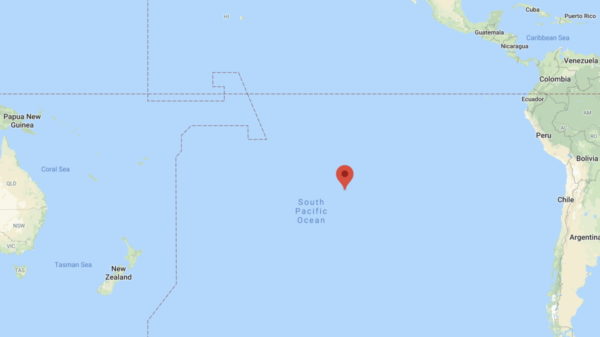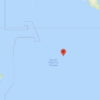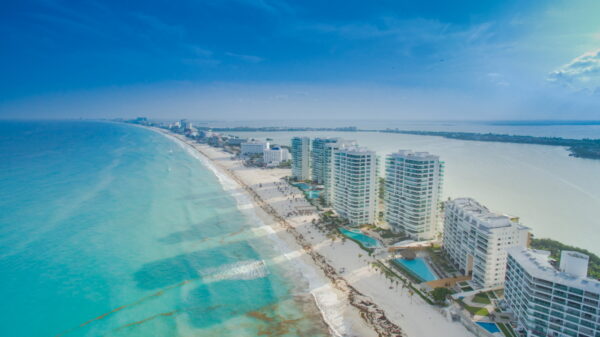St Kitts and Nevis has been reliably running its economic citizenship program for over thirty years, the longest for any such program. It also is a true tax haven, at least when it comes to personal taxation. These two factors have made it a very popular second passport option. In this article, I review the program and explain how to apply.
Some background
The islands were first settled as early as three thousand years ago by an Amerindian tribe called the Ciboney, the same tribe that initially settled most of the Caribbean. In the millennia that followed, the islands played host to a number of other tribes including the famous Arawak and Caribs. The British and French were the first Europeans to settle the islands in 1623, making it their base for the colonization of the Lesser Antilles and the lucrative sugar trade.
In 1983, St Kitts and Nevis finally achieved independence, the last to do so in the Americas. It was not a time for celebration, however, as the country was between a rock and a hard place after years of economic decline and several natural disasters. The government had to find ways to bring foreign capital into the country or it would simply go bust. In 1984, they came up with a novel idea, an economic citizenship program.
While the idea of selling access to St Kitts and Nevis citizenship angered many, both locally and around the world, it did prove to be an economic success. Over the past thirty or so years since its creation, thousands of passports have been issued through the program and it has grown to account for around 10% of the country’s GDP. The idea has even been copied by other countries, also keen to benefit from the demand for second passports.
Economic citizenship
The way the program works is simple: in exchange for a cash donation or a real-estate investment, you are naturalized as a citizen. Unlike many of the other economic citizenship programs, the citizenship you get in St Kitts and Nevis is real and unconditional.
You can find the qualifying amounts as well as additional details directly on the government website.
As a St Kitts and Nevis citizen, you will be authorized to carry a St Kitts and Nevis passport. It grants visa-free access to a number of countries, including the UK, all Schengen countries, Hong Kong, Singapore, Malaysia, South Korea and more. Because St Kitts and Nevis is a full member of CARICOM, you will also gain the conditional right to live in more than a dozen countries, including Jamaica and Trinidad & Tobago. Unconditional freedom of movement is part of CARICOM’s future goals.
As mentioned earlier in this article, there is no personal taxation in St Kitts and Nevis. This makes its citizenship very attractive from a tax optimization standpoint. There is corporate taxation, however, so take that into consideration if you plan to relocate to the islands and run your business from there.
While the above sounds pretty good, it is important to keep in mind that as is often the case with these programs, there is always a risk that it may be canceled and that citizenships granted could be revoked. There is simply no telling what future governments may do, especially in the long-term. An economic citizenship is an investment and as with any other investments, there is a risk of loss.
Latest update (2025)
The OECD has instructed financial institutions to disregard St Kitts and Nevis passports for due diligence purposes, when there is clear evidence that it was obtained via the economic citizenship program.
Application, long-term considerations
The application process is fairly straightforward. You will first need to choose an authorized agent from the list available on the government website. The authorized agent will then guide you through the due diligence process. This will involve gathering a number of documents, attending an interview and going through an extensive background check. In most cases, it takes around six months to go through the process, from start to finish.




